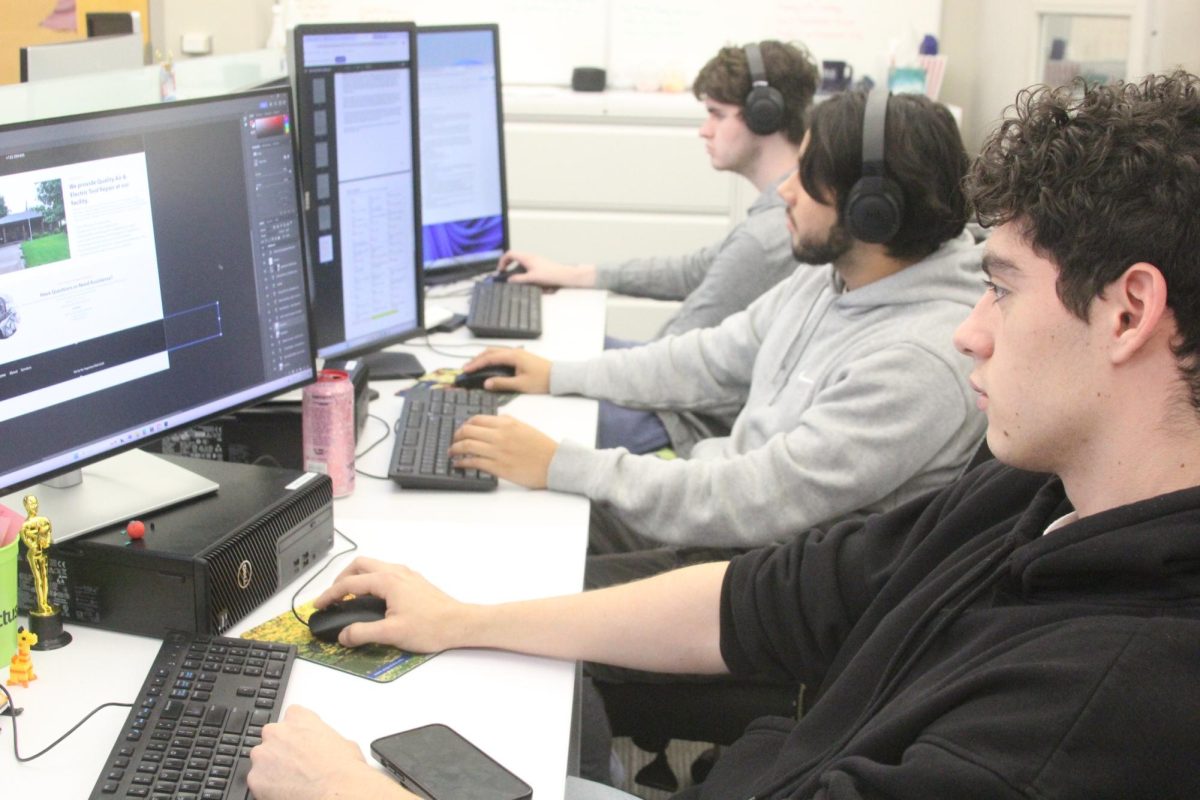As the need for real-world experience becomes an essential stepping stone for career success, internships have become a popular pathway for students and recent graduates, including those at Augustana. However, for many students who are struggling in low-income situations, the financial strain can become an obstacle for them in reaching these opportunities.
A recent study highlights that unpaid internships, which remain prevalent in sectors like media, fashion and politics, present significant financial obstacles.
Ross Perlin, author of Intern Nation, points out that unpaid internships place a “heavy burden” on interns who must fund their own housing, transportation and other living expenses.
For those unable to rely on family support, internships often translate into considerable debt or the need for secondary jobs, sometimes compromising their focus on the internship itself.
The struggle is most pronounced among students from lower-income families. For instance, a student from a low-income background may be forced to pass up an unpaid internship in a big city where the high cost of living makes it financially unsustainable without compensation.
This economic divide among interns is also creating disparities in career advancement. Those who can afford unpaid internships often gain a competitive advantage in job markets, leading to a “pay-to-play” situation in some fields.
A survey published in Higher Education by researcher Silva (2017) revealed that 50% of unpaid interns expressed financial hardship. The study further indicated that the stress of balancing additional part-time work on top of internships affects interns’ mental health and academic performance.
Moreover, even paid internships can present financial hurdles, especially for those required to relocate. A 2020 article in the Journal of Education and Work underscores these “hidden costs,” noting that commuting, rent and basic living expenses frequently consume many stipends. The study argues that such expenses “often exceed the income interns receive, leaving many struggling to make ends meet.”
While some companies have taken steps to offer stipends or reimbursements, the gap between available financial support and the actual cost of interning remains substantial. Advocacy groups are calling for more standardized compensation practices across industries, arguing that fair pay is essential for equitable access to career-building opportunities.
I would argue that the working market for many students has become saturated, as we need to learn and improve our skills to compete with others around the globe.
To help students compete in the working market, students should go to core starting in their first year and learn to network to build off their resume. For other groups of students like sophomores, juniors and seniors, they should keep applying and building their skills because as long as there is an effort, they will not be in vain.
Until meaningful changes are made, interns across the country will continue to navigate the difficult choice between gaining experience and enduring financial hardship, with long-term implications for diversity and equality in the workforce.









































































































